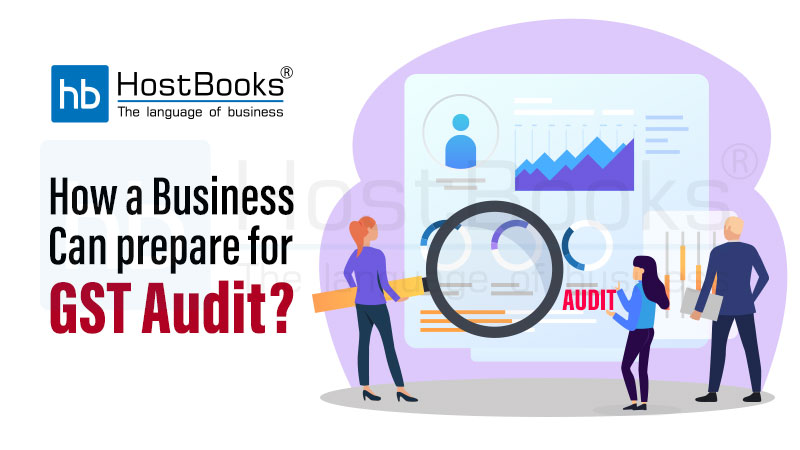
New Features of GST Portal that You Need to Know
August 27, 2019
New GST Return Filing System from Jan 2020
September 9, 2019GST audit refers to the examination of records, returns, and other documents maintained by a registered business. Goods and Services Tax (GST) is structured in a way which promotes efficient tax collection, reduction in corruption, and easy inter-state movement of goods. Normally, a taxpayer is required to self-assess his/her tax liability, pay taxes and file returns. However, registered businesses (GSTIN) having a turnover of more than Rs. 2 crores totaling the sale of goods or services in a financial year will have to go through GST Audit.
To ensure the proper implementation of GST laws and rules, the government takes various steps such as a robust audit mechanism. Generally, there are three types of GST audit that help the government to ensure that a taxpayer is compliant with tax rules.
What are the Types of GST Audit?
Turnover based Audit: If a taxpayer’s turnover exceeds Rs. 2 crores then he/she has to get his/her accounts and records audited by a Chartered Accountant or Cost Accountant appointed by him/her. A financial year is a 12-month period starting from April of a calendar year to March of the next calendar year.
Normal/General Audit: A commissioner of CGST/SGST or any officer authorized by him can perform this audit by giving 15 days prior notice.
Special Audit: The tax authority might conduct a special audit due to the complexity of a particular case or after considering the interest of revenue. This audit is initiated on order of deputy/assistant commissioner by a Chartered Accounted or Cost Accountant, appointed by the commissioner.
How to Prepare for the GST Audit?
1. File Annual Return
Annual return is to be filled by all registered taxpayers under GST regardless of the turnover of a business. It comprises of extensive reconciliation whilst the audit is a reconciliation between the annual return and the audited financial statements. Although the two are due on the same, the annual return needs to be filed first for the GST audit. Hence, businesses are required to submit annual return before the deadline, for smooth compliance with the GST audit. Also, the taxpayers need to ensure that the annual returns have accurate declarations without any error.
2. Branch-wise Breakdown of Financial Statements
Reconciliations of turnover or input tax credits is requested in Form GSTR-9C at the GSTIN level. This means taxpayers need to maintain audited financial statements by branching it out at GSTIN level. It could be challenging for companies which do not maintain branch-wise financial statements.
3. Several Types of ITC Bifurcation and Reconciliation
While preparing an annual return and the reconciliation part of an audit, businesses will require to prepare multiple types of reconciliations of their input tax credit. For example, the annual return calls for a reconciliation of ITC availed in monthly returns in relation to ITC available as per the auto-generated Form GSTR-2A. Furthermore, it also requires a three-way split of claimed ITC into inputs, input services, and capital goods credits. These new requirements could be arduous for businesses and might require proper planning to make sure that appropriate data is provided to the auditors.
4. Selection of Auditor
As part of the GST audit format, Form GSTR-9C consists of two different certifications. First, where the reconciliation statement is prepared and certified by the statutory auditor, whereas another one is prepared and certified by a person other than the statutory auditor. As per the latest announcement made by ICAI, internal auditors are not allowed to be appointed as GST auditors. Taking into account the importance of the GST audit and amount of information required by the audit forms, businesses should wisely select the GST auditors.
Conclusion
Give the experience of technical glitches with GST filings, the immense amount of information required to be compiled and prepared, it is highly recommended that companies start the activity of annual return filing but also begin the GST audit process. To ensure a smooth journey through GST audit phase, a business should appoint the GST auditor without delay, develop a project plan, start gathering documents and information and create internal controls for filing annual returns.

Try HostBooks
SuperApp Today
Create a free account to get access and start
creating something amazing right now!















